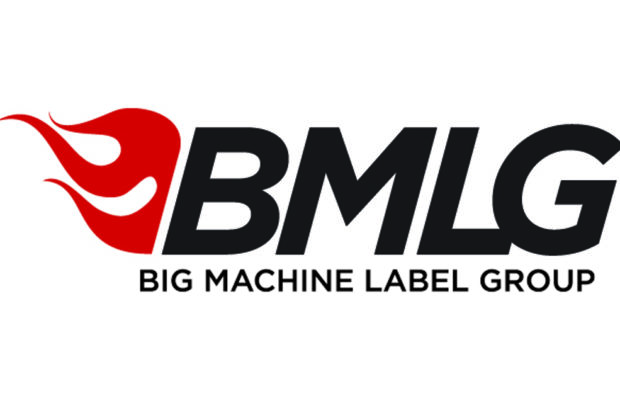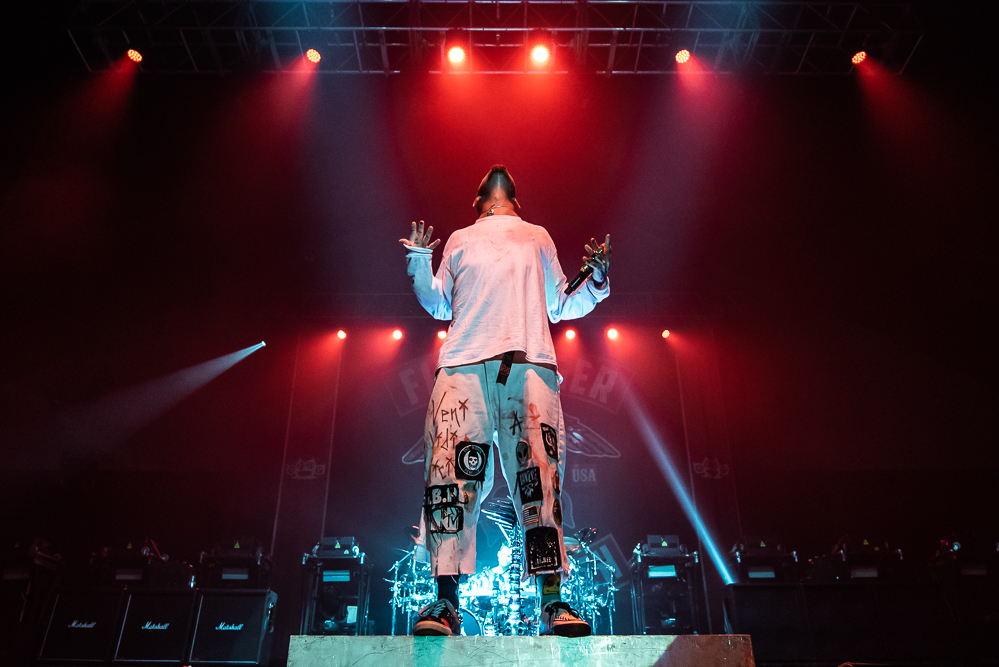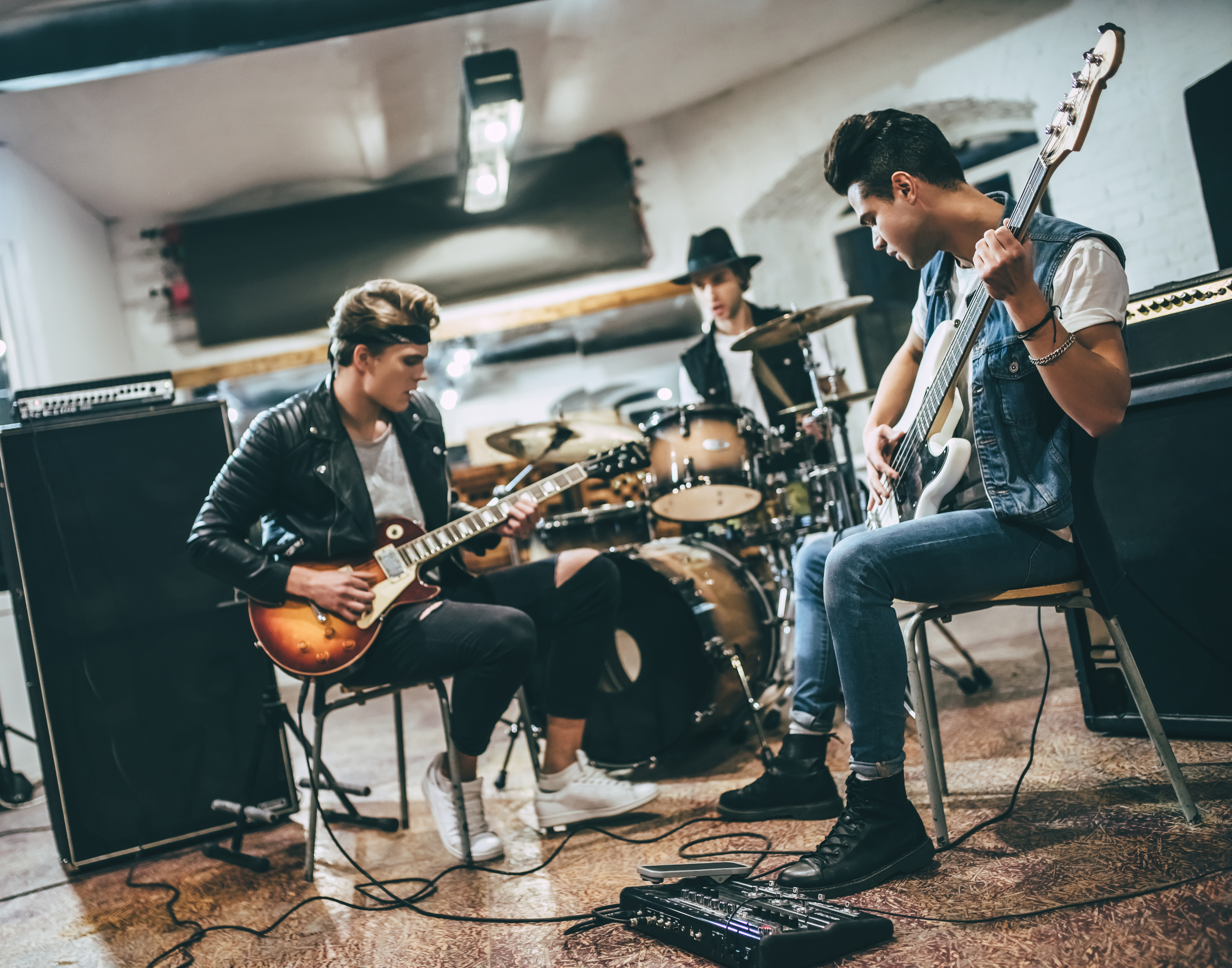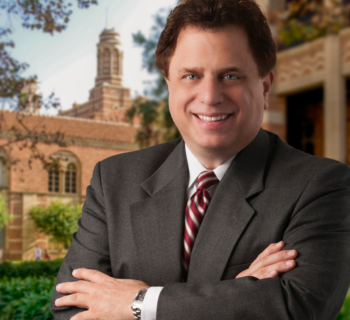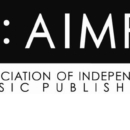Taylor Swift once again finds herself in another feud, this time with her former label and Scooter Braun over the sale of her masters.
By way of background, Swift convinced her parents to move the family to Nashville when she was 14 so she could pursue a music career. She ended up signing with Scott Borchetta’s Big Machine Records.
As is typical when a new artist signs with a label, the recording agreement provided that the masters would be owned by Big Machine. After delivering six albums, her Big Machine recording contract was set to expire. So the label made her an offer for a new contract which she rejected, as was her prerogative. According to Big Machine, they even offered to let her own all her previously owned masters. But according to Swift’s camp, the offer was only that she could obtain ownership of each old album’s masters as she delivered each new album.
Big Machine ended up selling the entire company (including Swift’s masters) to Scooter Braun’s Ithaca Holdings LLC. Swift claims that she should have been given the opportunity to buy her masters, or even buy Big Machine itself.
Swift complains about how young she was when she signed her recording contract, but as a minor her parent or parents would have had to approve it. In California at least, recording contracts for minors also must be approved by the Superior Court.
Although Swift is now stating that her original, now expired, Big Machine deal was unfair, I am not aware that she has previously challenged it in court as somehow not legally enforceable.
Swift also complains that she was not told ahead of time of the sale, which Big Machine disputes. In any event, although I have not reviewed her recording contract, I doubt it provides that she is entitled to receive notice ahead of any sale of the label. If that were the case, her lawyer would have mentioned it in his press release.
Swift legally signed away ownership of her masters to Big Machine. I think it’s great when an artist can own their own masters, but usually new artists just don’t have the leverage to demand it.
From Big Machine’s perspective, they invested in an unknown artist, paid for the recording of the masters, and spent money on marketing and distribution. So it only makes sense that they should own the masters. Now that she has become one of the very top recording artists in the world, Swift wants her masters back. But Big Machine had no legal obligation to sell her the masters. The masters were included as part of the sale of Big Machine and presumably, Big Machine did what was in its best financial interest.
If an artist has sufficient leverage, they should by all means try and provide in their recording agreements that they will own their own masters. Unfortunately for Taylor Swift, she did not have that power when she entered into her first recording contract.
GLENN LITWAK is a veteran entertainment attorney based in Santa Monica, CA. He has represented platinum-selling recording artists, Grammy-winning music producers, hit songwriters, management and production companies, music publishers and independent record labels. Glenn is also a frequent speaker at music industry conferences around the country, such as South by Southwest and the Billboard Music in Film and TV Conference. Email Litwak at [email protected] or visit glennlitwak.com.
This article is a very brief overview of the subject matter and does not constitute legal advice.

